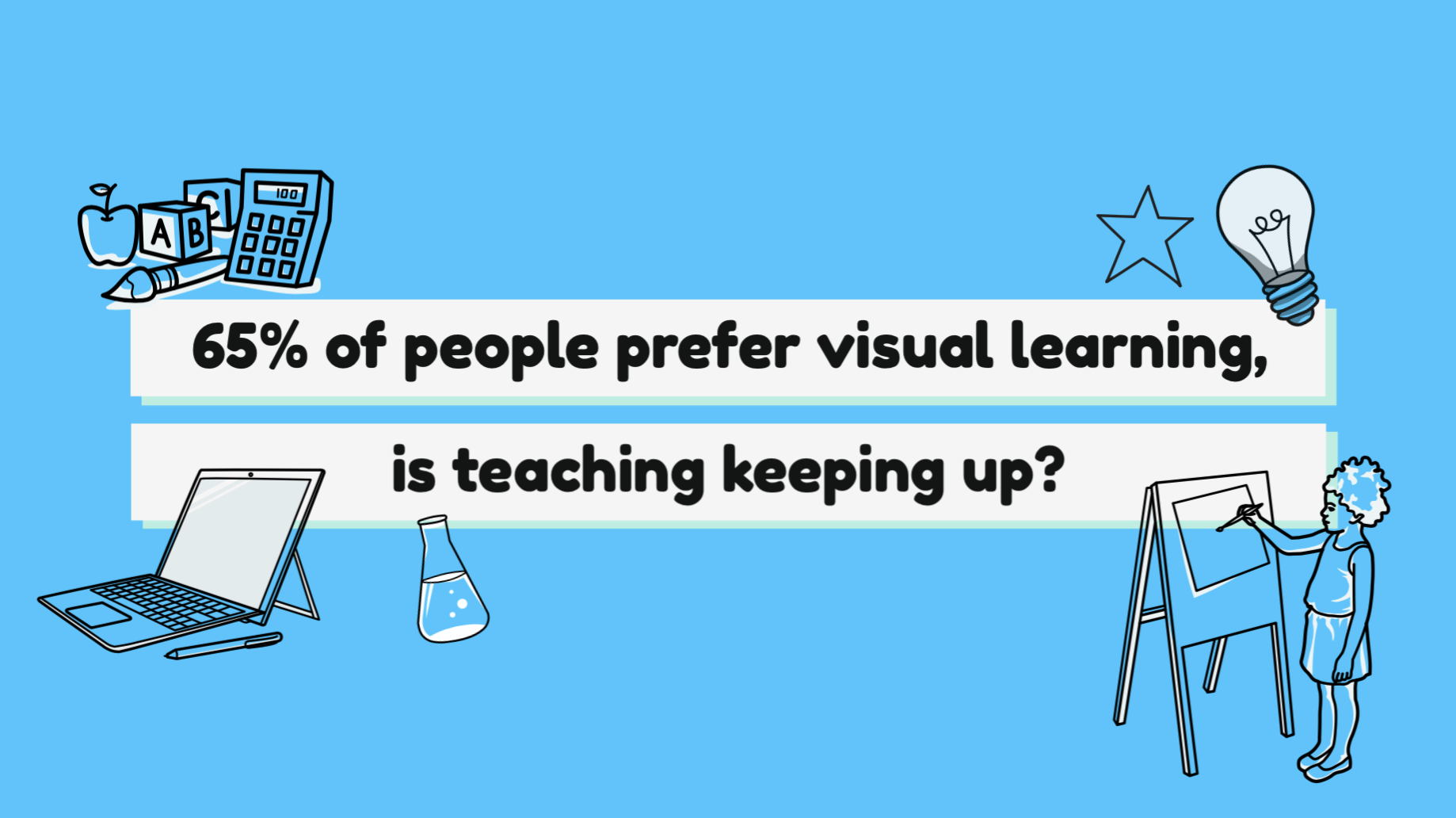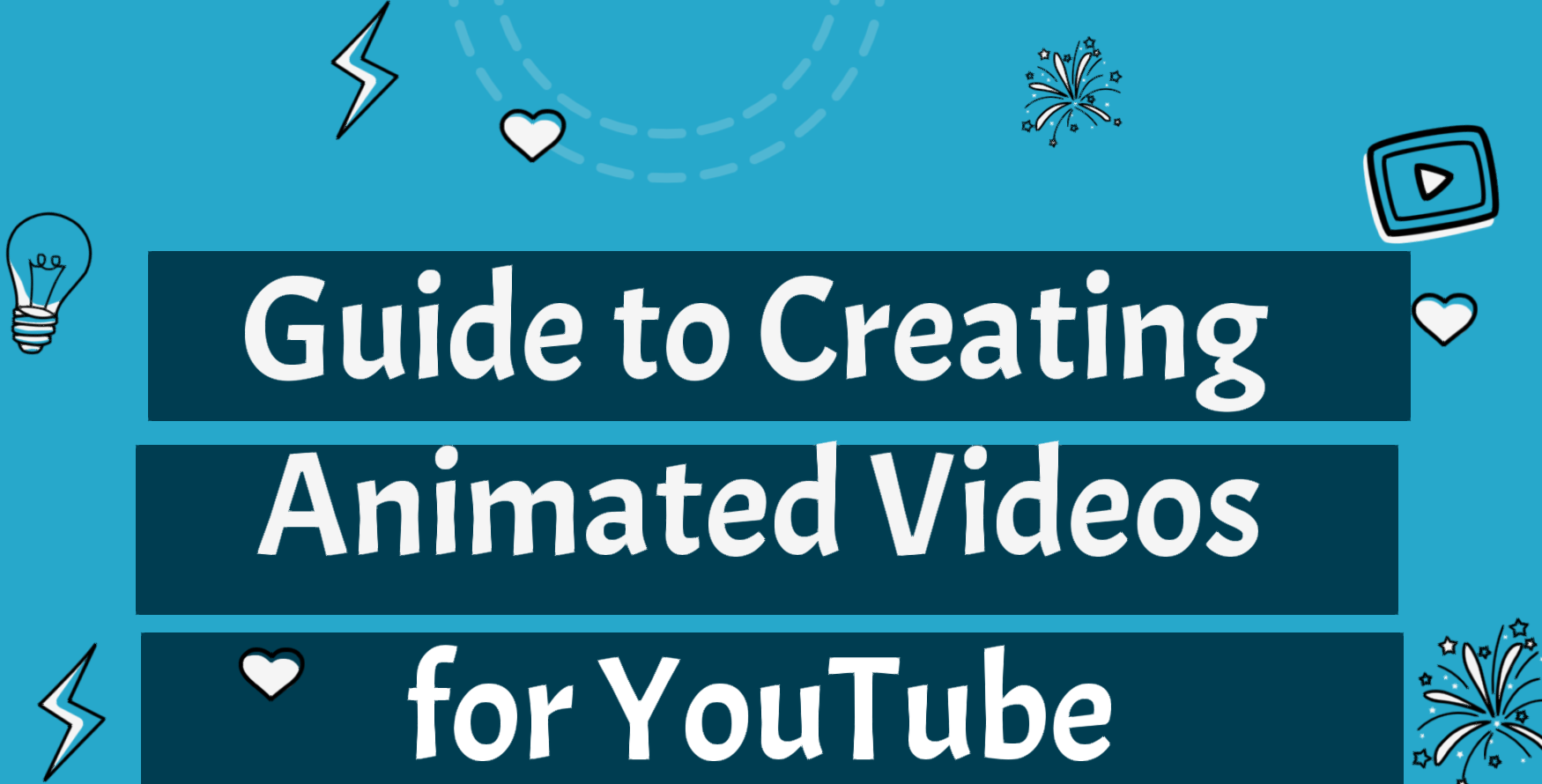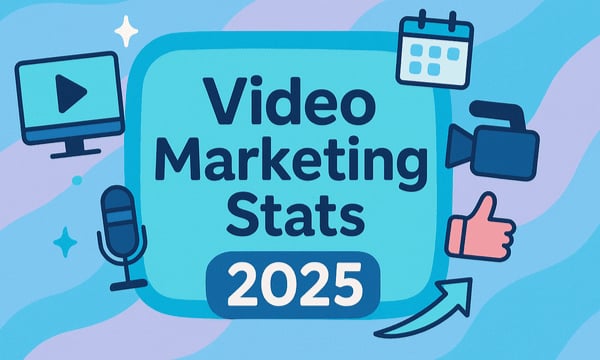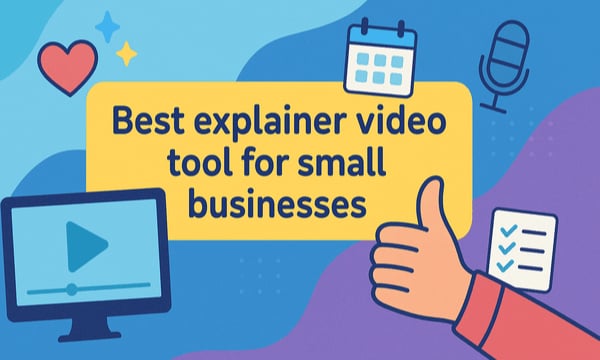Any business which has to produce, promote, and ship its products and services to the digital market cannot afford to make SEO mistakes which could cost them high rankings in Google search results.
Following some of the best practices and avoiding certain obvious SEO mistakes can ensure your website gets the visibility it deserves. Let’s look at some of those avoidable mistakes that could hamper your business’ growth...
Not having keywords in your domain or subdomain
While having keywords in your domain isn't required, it can still be useful. Backlinks, and more specifically the anchor text utilized in those backlinks are to blame. This is good for SEO because your desired term appears frequently in backlinks to your website, indicating to search engines what your site is related to. The more sites that do this, the more evident it is what niche your website serves.
However, you should only use this strategy if you can locate a domain that can contain a keyword while remaining on brand; otherwise, you'll rapidly make the mistake of having a long domain full of keywords that would sound spammy.
Ultimately, the most critical aspect of your domain name is that it should be memorable and appealing to people. The search engines will eventually follow your site if it provides amazing content that people will want to return to again and again.
Inadequate production of high-quality content
The whole exercise of putting up content on websites and digital platforms is to draw in relevant audiences. That can only happen if your site has strategically-placed high-quality content. It's the most effective technique to make sure you're using relevant keywords throughout your content.
Quality content helps draw your ideal audiences to your website, engage them, and encourage them to take action. If the content is beneficial to the user, they’re more likely to share it.
Plus, creating great content not only benefits the user who reads it, but also the search ranking of your website. Google ranks pages in search engine result pages (SERPs) based on the quality of the content and the links within it.
Quality content can be used to generate high click-through rates (CTR) and backlinks in a smart way. The more visitors that visit your site and click on your material, the higher your website's rating will be since it will be judged relevant to what users are looking for.
Backlinking gives credibility to the site and also helps the users. This will boost your site's overall performance in the SEO rankings. Including external links also helps users get a better understanding of the topic on hand.
Not securing your website with https
One of the most important advantages of Hypertext Transfer Protocol Secure (HTTPS) is that it increases security and trust. It’s a measure that helps improve your site’s search engine performance, establish credibility among your site visitors, and maintain a professional online presence for you or your business.
It safeguards users from man-in-the-middle (MitM) attacks, which can be launched from compromised or unsecured networks. Hackers could use these kinds of methods to steal critical information from your clients. Browsers also inform visitors that the site is unsecure, which impacts your brand image and credibility.
Not having optimized images on your pages
Image optimization includes resizing your images, optimizing image file names and image titles, using alt tags and relevant captions. It allows your product and decorative photos to appear in image search results on Google and other image search engines.
Furthermore, as Google's search algorithm considers page speed, image optimization might help you avoid the organic search penalties that come with a slow website, such as a higher bounce rate.
Slow page load speed
The Google algorithm takes page load speed into account when ranking results. In fact, research suggests that when Google evaluates page performance, it may be calculating time to first byte in particular.
Furthermore, a poor page speed means that search engines can scan fewer pages with their crawl budget, which may have an impact on your indexation.
User experience is also influenced by page speed. Pages that take longer to load have a greater bounce rate and a shorter average stay on the page. Conversion rates also get negatively impacted due to longer load times.
A very high bounce rate
A high bounce rate indicates that visitors to your site aren't finding what they're looking for. A high bounce rate is acceptable if you run a single-page site, such as a blog, or if you provide other forms of material where single-page sessions are expected. However, if your site's success depends on users viewing more than one page, a high bounce rate is a bad thing.
For example, if your home page serves as a portal to the rest of your site (e.g., news articles, product pages, and your checkout process), you don't want a high bounce rate. If your total bounce rate is high, delve deeper to discover if it's consistent or if it's due to one or two channels, source/medium pairs, or a few pages.
Examine whether the content fits effectively with the marketing you employ to lead users to those sites and whether those pages provide straightforward paths to the next steps you want them to take, for example, if only a few pages are the problem.
If a particular channel has a high bounce rate, examine your marketing efforts for that channel: for example, if customers arriving through display are bouncing, make sure your advertisements are relevant to the content of your site.
Duplicate content on your page
Duplicate content is information that appears in several places on the internet. One place is defined as a location with a URL; therefore, duplicate content occurs when the same content appears at many online addresses.
Duplicate material, while not technically a penalty, can have an impact on search engine rankings. It can be difficult for search engines to determine which version of content is more relevant to a particular search query when there are many pieces of substantially similar content in multiple locations.
For search engines, duplicate content can cause three major issues:
- They have no idea which versions to include or exclude from their indexes.
- They're uncertain on whether to consolidate link metrics (trust, authority, anchor text, link equity) on one page or separate them into multiple versions.
- They don't know which version(s) to rank for query results.
Content not optimized for target keywords
Keyword optimization (also known as keyword research) is the process of researching, analyzing, and selecting the best keywords to target in order to drive qualified traffic to your website from search engines.
Keyword search optimization is an important step in the early stages of search engine marketing, both for paid and organic search. If you don't do a good job selecting your target keywords, all of your subsequent efforts will be for nothing. As a result, keyword optimization is critical. Continuous keyword optimization is required to keep discovering new keyword opportunities and expanding your reach into different keyword verticals.
It’s worth studying the search algorithms in more detail and staying up-to-date with any of the latest changes. To conclude, don’t forget to update your site with relevant content regularly.
This blog was guest authored by Bhavik Soni.
Bhavik Soni is a Creative Writer at Auto Monkey. We provide an original analysis of the latest happenings in the social media industry. Connect with Latest Social Media Trends and News plus tips on Twitter, Facebook and other social tools on the web.


.png)



![How to create animation magic [3-part guide to video success]](https://blog.videoscribe.co/hubfs/How%20to%20create%20animation%20magic%20guide%20VideoScribe.png)


%20(1).png)



COMMENTS